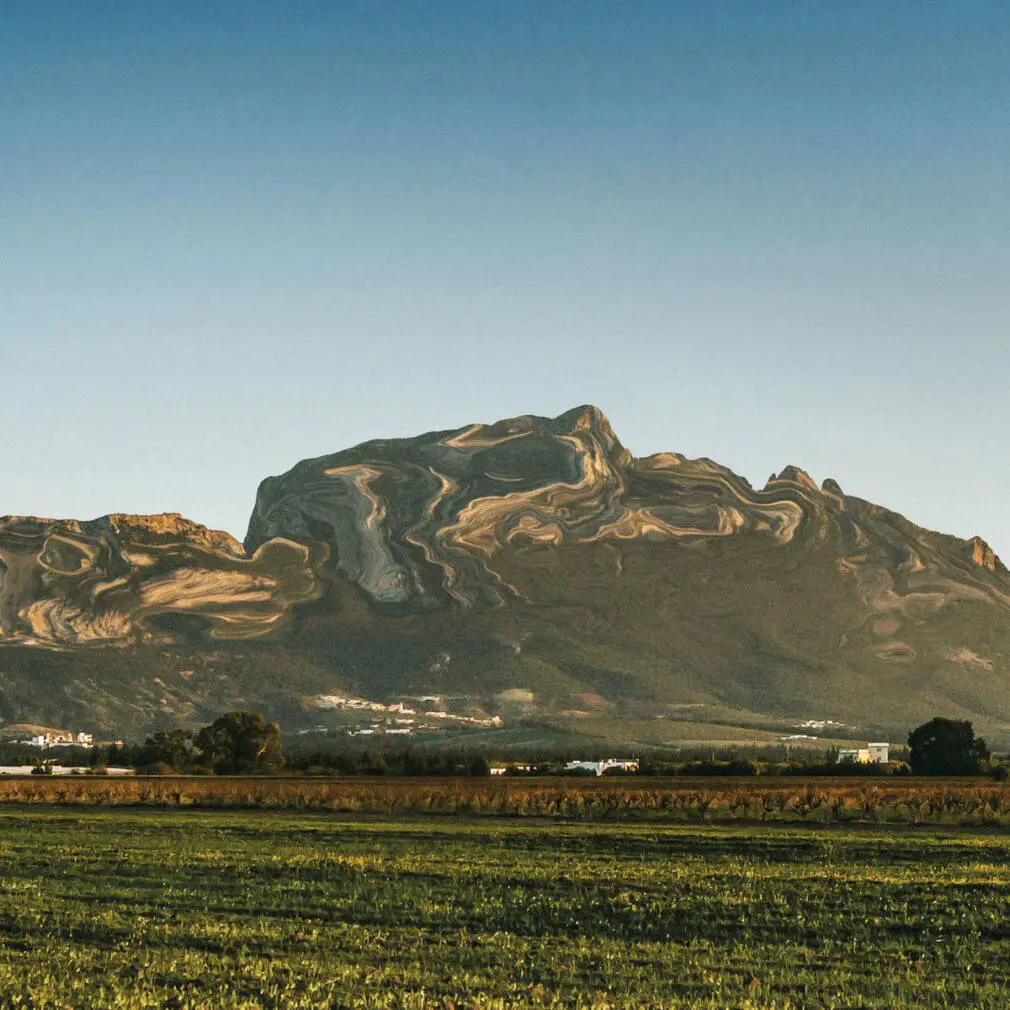
Jbal Rsas
Deena Abdelwahed
Titled in homage to Jebel Ressas, the second highest mountain near Tunis, Tunisian DJ and producer Deena Abdelwahed’s sophomore album is just as dizzying. Conceived as an electronic and techno exploration of the different musical currents of what is commonly known as the “Arab World”, the producer blends traditional drum lines and dance rhythms with her trademark electronic production elements: techno bass, futuristic synthesizers, percussive drums and apocalyptic atmospheres. The artist’s voice provides an organic contrast to the sound, exploring themes of identity, narrative and experimentation on tracks such as “Each day” and “Violence for free”. Last but not least, there are strong references to mahraganat, the electronic music of the Egyptian streets that has become “the most listened to music in the country”, despite being banned by the conservative government. A fantastic picture of what “Arab post-club music” represents today.
Listen here.
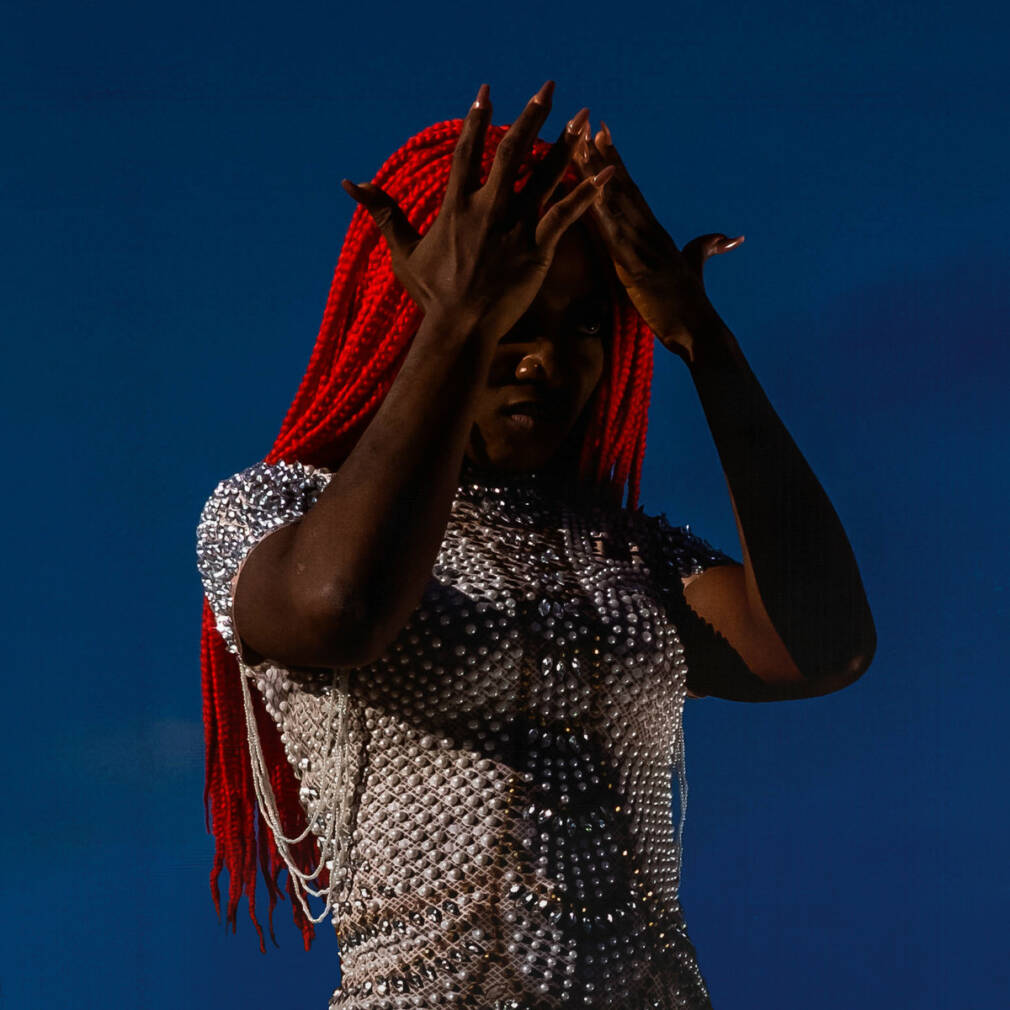
Viral Wreckage
AUNTY RAYZOR
Following the release of her hit “Kuku Corona”, Nigerian rapper AUNTY RAYZOR knew she had to make the most out of its popular success. Viral Wreckage, her debut album, definitely meets our expectations by taking, as its name suggests, the artist’s supercharged energy even further. To meet this challenge, Bisola Olugbenga (real name) has assembled a crack team capable of exploring the most dynamic facets of the global Afro-club scene: Japanese veteran Scotch Rolex, Carioca funk producer DJ Cris Fontedofunk, Nigerian singer and producer Slimcase, Kabeaushé and his Kenyan future-pop… The result, though experimental and eclectic, remains coherent : at no point is the Lagos rapper’s identity distorted. Her Yoruba lyrics and incendiary flows remain as explosive as in her early days, while RAYZOR even allows herself nostalgic forays on tracks like “Fall Back” and “You are not worthy of my love”.
Listen here.
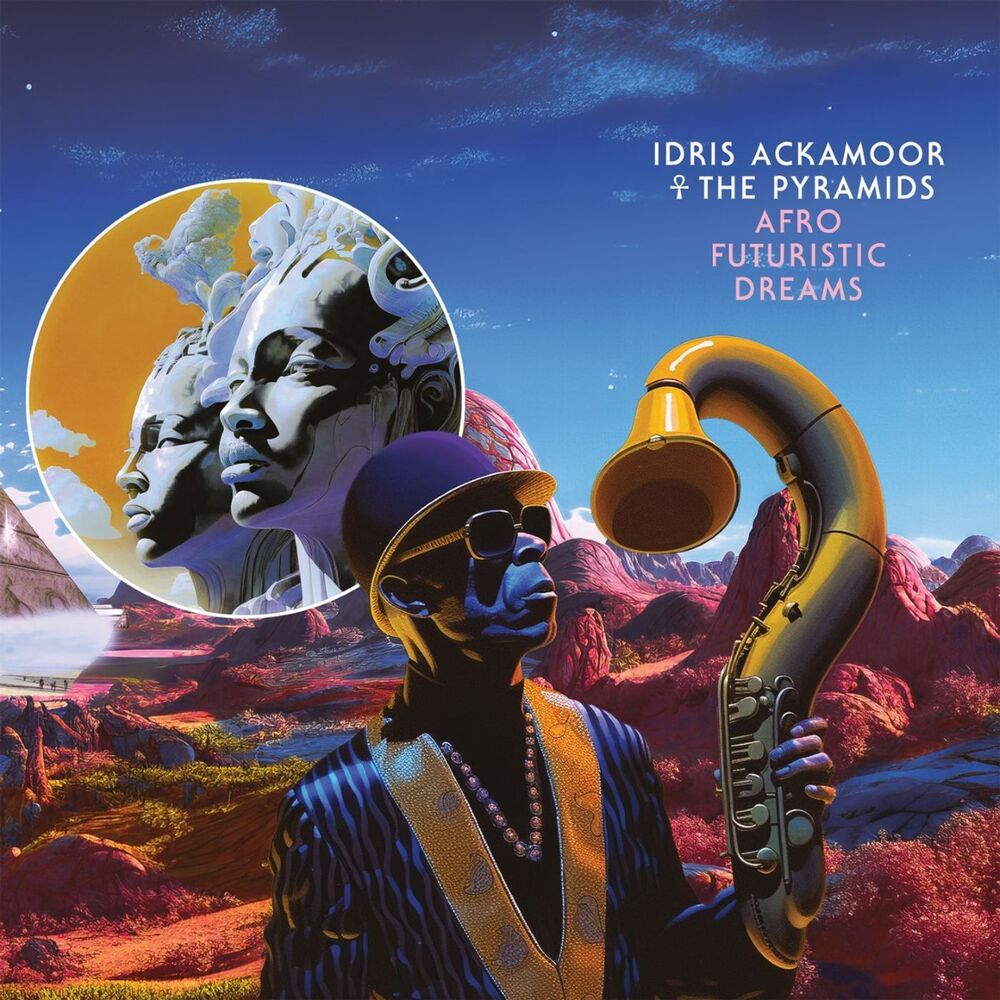
Afro Futuristic Dreams
Idris Ackamoor & the Pyramids
40 years of albums, tours and concerts together, yet Idris Ackamoor & The Pyramids still have stories to tell. Afro Futuristic Dreams, the Chicago band’s first album in three years, was born between San Francisco and London, perhaps explaining the complex sonic additions to the band’s usual Afro-jazz sound. “At the end of 2020, I decided to compose the first of a series of scores to take The Pyramids sound into new territory”, Ackamoor explains. “The recording was a complex process involving many musicians and singers across two different time zones [and] required many years of preparation”. This epic new work explores the past, the future and the urgency of the present, with tracks evoking themes as broad as ancestrality, police violence and lost loved ones.
Listen here.
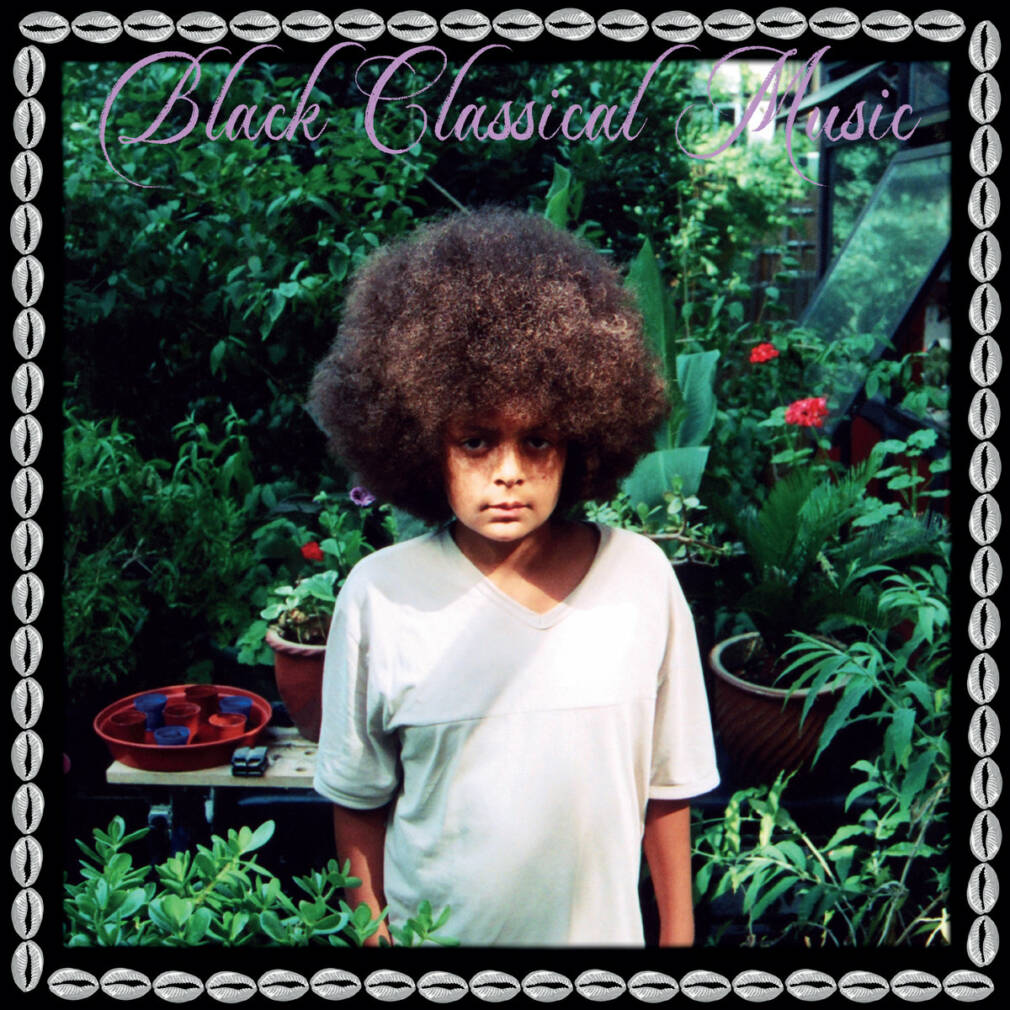
Black Classical Music
Yussef Dayes
It has taken drummer, producer and composer Yussef Dayes over 15 years to release his first solo album. Accustomed to high-level collaborations, both in jazz and in other genres (afrobeats with Wizkid, rap with Pa Salieu, R&B with Kali Uchis), the British artist’s Black Classical Music project reflects well the rich new generation of UK jazz, resolutely inspired by the groove and sounds of afrobeat, Afro-Caribbean music and hip-hop, and unfazed by musical classifications. The album actually stems from the drummer’s own questioning about music: what is jazz? His answer: “music that is constantly evolving and has unlimited potential […] groove, feeling, […] spontaneity, […] melodies for the soul and spirit, bass for the heart”. Using these words as mottos and mixing influences, the album alternates between jazz, dancehall, Cuban music and funk, and features such prestigious guests as Chronixx, Shabaka Hutchings, Tom Misch and Masego.
Listen here.
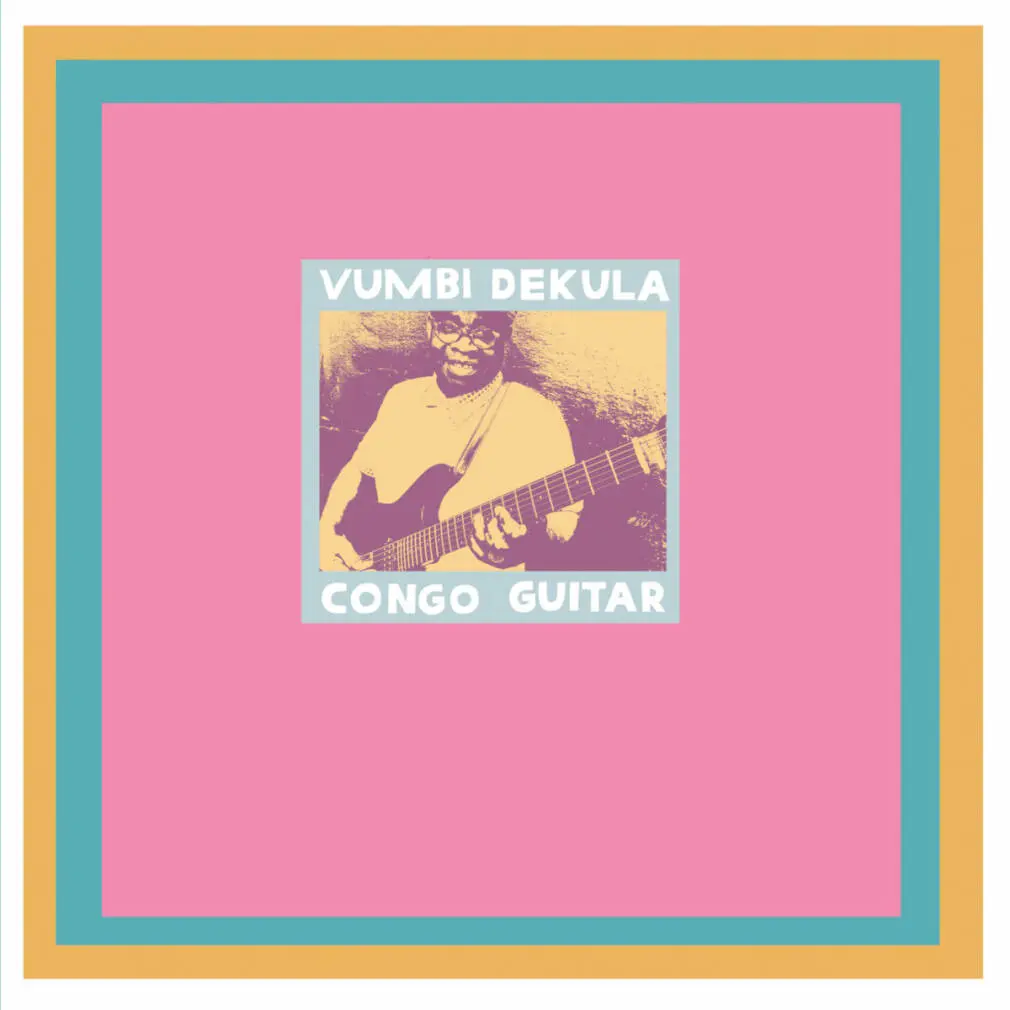
Congo Guitar
Vumbi Dekula
A veteran of legendary rumba groups such as Orchestra Maquis, Kahanga “Vumbi” Dekula’s last release was in 2019 with the Dekula band’s album Opika, produced by Swedish label Sing-A-Song Fighter. Karl Jonas, the latter’s founder, had long dreamt of a solo album from the guitarist, who sounds like “an orchestra unto himself”. The result is Congo Guitar, recorded in two days in Stockholm, on which Dekula, face to face with his guitar, plays and interacts with a rhythm box, a bit of piano, a banjo and a melodica bass. This is virtuoso music, optimistic and carefree, summed up in the artist’s own words: “listening to soukous music makes you happy to be alive, and makes you want to dance no matter what”.
Listen here.
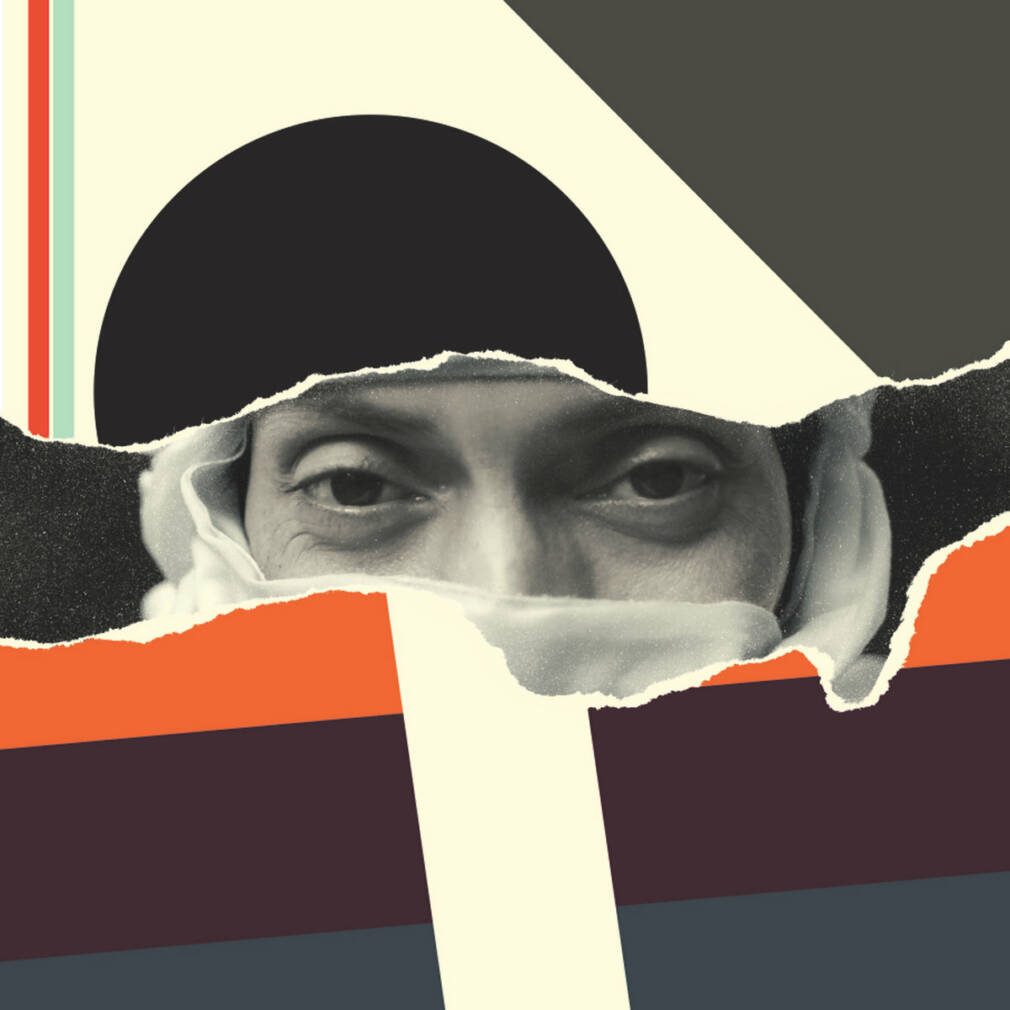
Sahel
Bombino
Five years following Deran, the Nigerien guitarist’s iconic album which went as far as being nominated for a Grammy Award, Bombino is back with Sahel, recorded in Casablanca, Morocco. While the artist is known as the ambassador of “Tuareg blues”, this new album is full of hybridisations with other styles, such as reggae in some of the rhythms (“Si Chilan”, “Ayo Nigla”), or rock in the electricity of some of the tracks (“Darfuq”, “Tazidert”). The themes of the various songs alternate between political messages, such as the call for Tuareg unity in “Aïtma”, and personal experiences, such as “Mes amis” and its dedication to Azel’s hostel in Agadez.
Listen here.
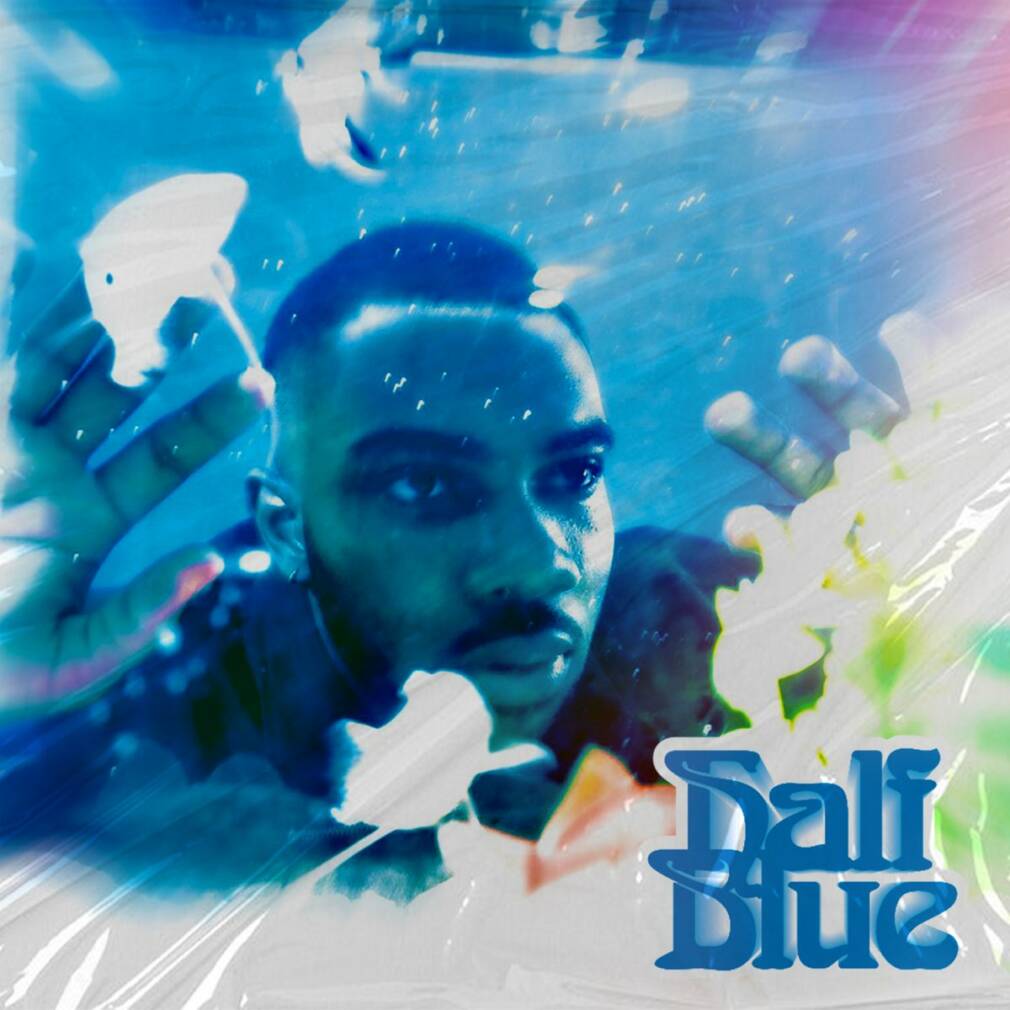
half blue
Tochi Bedford
While alté pioneers such as Odunsi The Engine and Cruel Santino are slowly solidifying their presence in the Nigerian folklore year after year, a new generation of talented artists are taking up the torch of alternative and cool West African music. One of them is definitely Tochi Bedford, a Lagos based behind-the-scenes producer who has worked extensively with both aforementioned artists. Half blue, his new project, is a short yet significant demonstration of his talents as a beatmaker but also as a rapper/singer. The seven tracks showcase his large range of sounds, which in true alté style, blend influences of trap, emo/rage music, laid back R&B and Nigerian rhythms and aesthetics.
Listen here.
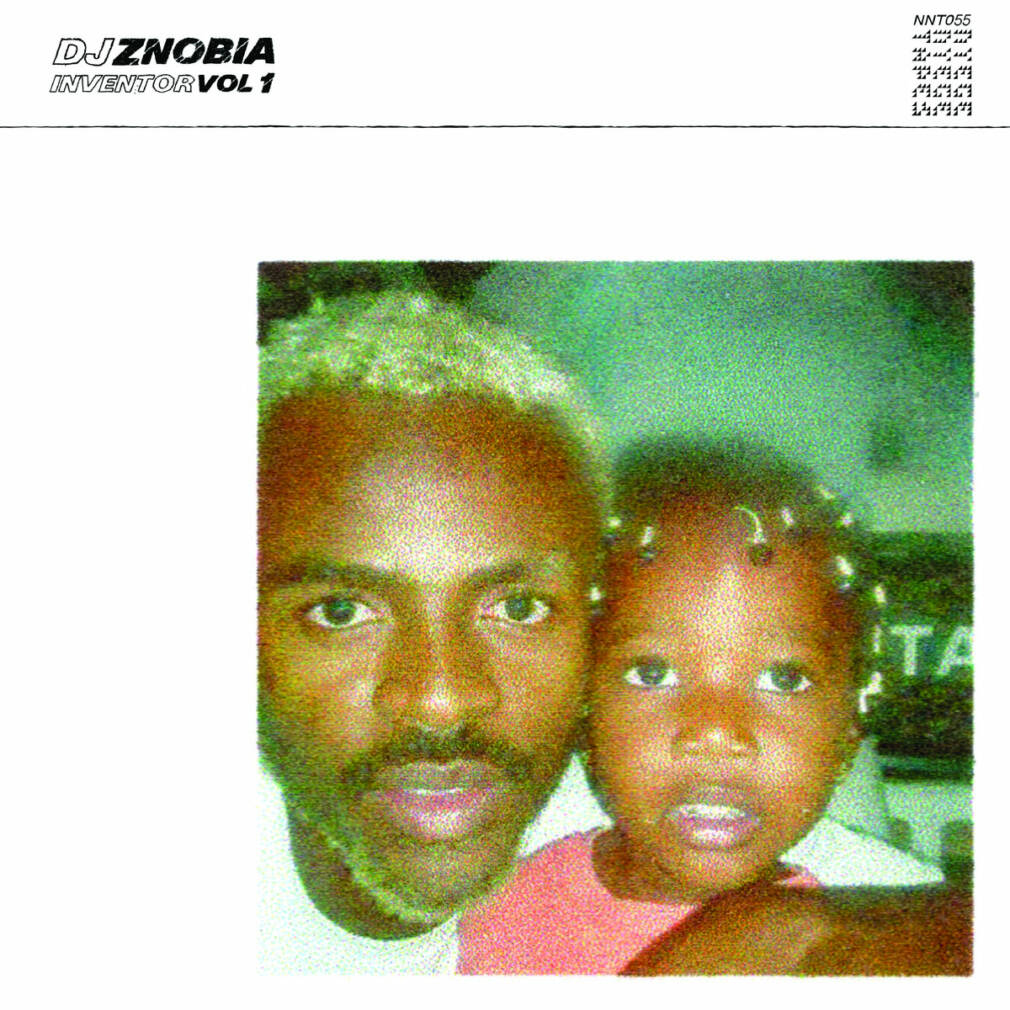
Inventor Vol. 1
DJ Znobia
In the late 1990s, DJ Znobia, born Sebastião Lopes, embarked on a journey to create a new genre that would capture the high energy and spirit of the city of Luanda, at the time entering the last decade of the Angolan civil war. Hours of experimenting different sounds with Fruity Loops, coupled with his sensibility for dancing, resulted in a new kind of music which would take the Lusofone world by storm: kuduro. Znobia’s innovative use of drum machines, synthesizers and comic vocals quickly installed him as one of the genre’s main producers and pioneers, leading him to collaborate with Buraka Som Sistema or M.I.A. Ugandan label Nyege Nyege Tapes dug into the artist’s 700 track archives and prepared four compilations out of it. To be listened to almost as a historical piece, the 11 tracks of Vol. 1 are a fascinating throwback to the very first pieces of Angola’s digital musical modernism, which has since exceeded the limits of DJ Znobia’s computer.
Listen here.
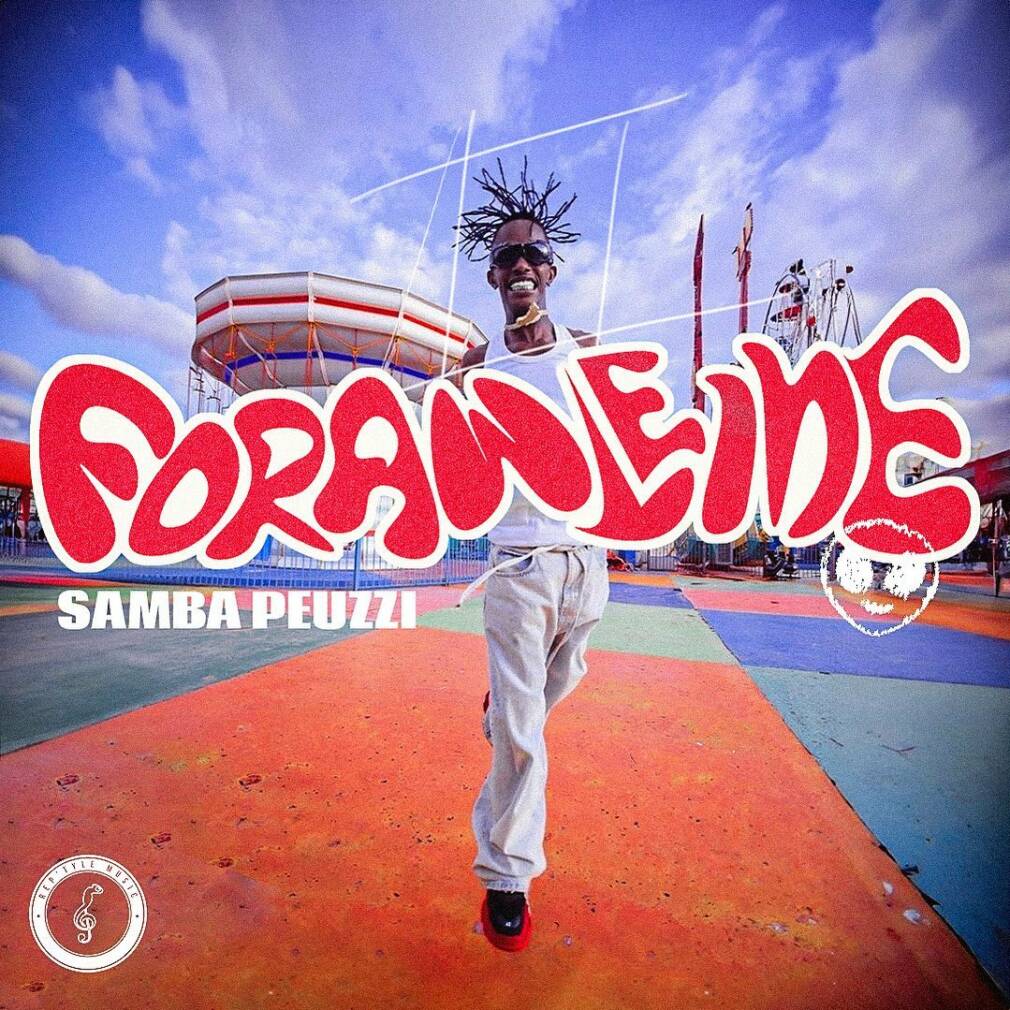
Forawlene
Samba Peuzzi
On Forawlene, Dakar’s golden boy Samba Peuzzi continues exploring his Senegalese take on modern hip-hop. Joined by his associate Karabalik, his scientific mix of mbalax and sabar rhythms with trap-influenced beats shines on tracks like “Pull in wrew” and “Forawleine”, while he delves into more mainstream afropop and dancehall sounds on “Khana nga bagn” and “Do xool”. This balance is central to the young rapper’s vision ; here’s what he told PAM in February: “The older generation like Youssou Ndour, Baaba Maal, Ismaël Lô […] have shown us that it’s possible, they’ve made sounds entirely in French, […] sounds where they’ve mixed mbalax with pop and other rhythms, so it’s this idea that we’re going to try to capture: to impose a new type of music like the Nigerians have done, something new on the world stage.”
Listen here.
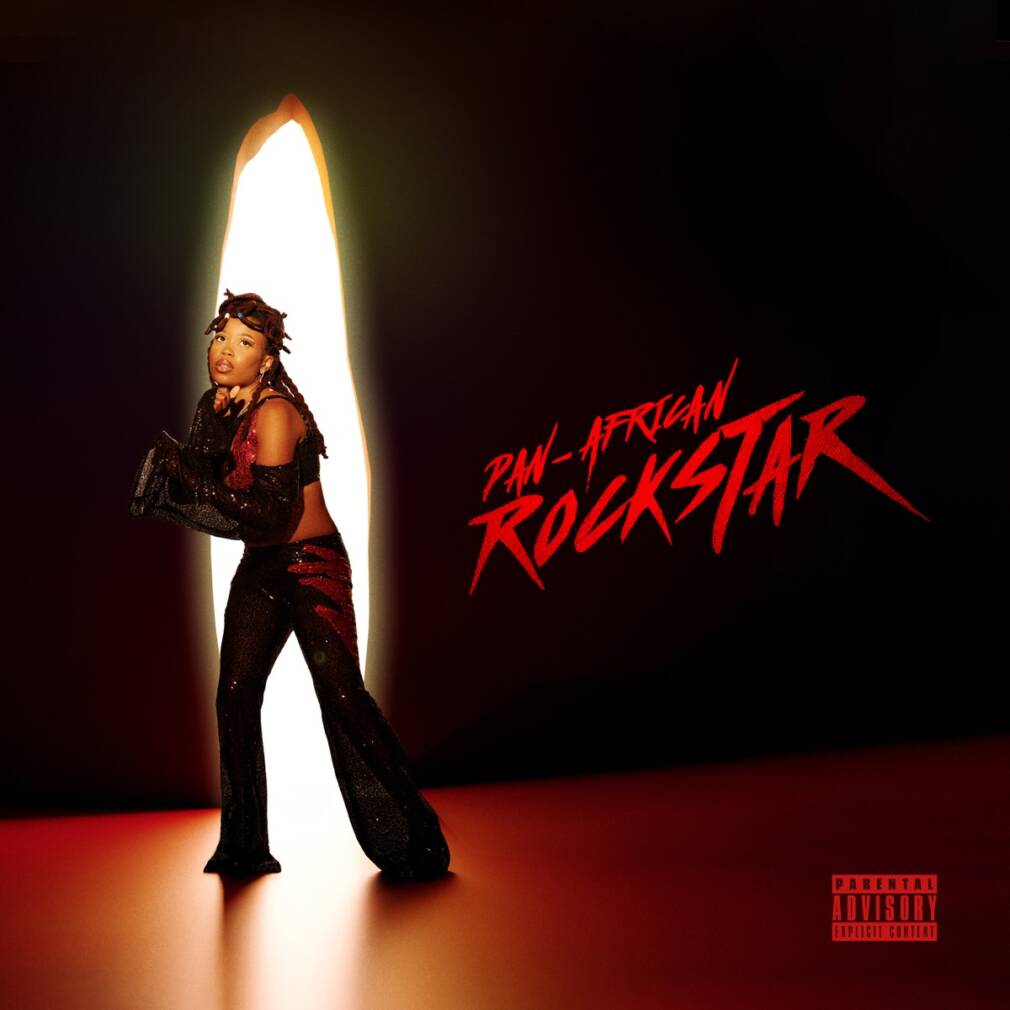
Pan African Rockstar
Lady Donli
Fusing alté’s swagger with Fela-style afrobeat spirit, hip-hop braggadocio with rock’n roll guitars, Lady Donli finally shows us her multiple facets in her high-spirited sophomore album. The 12 tracks presented here serve as the singer’s rebellion, addressing police brutality (“Nothing2something”), the music industry’s hypocrisy (“Industreets”), her complicated spot as a young Nigerian female (“My ability”), and her dream of a united African continent (“Comme ci comme ça”). She is joined by three other rebel African acts, Pierre Kwenders, Obongjayar and her band Lagos Panic, stretching her message to London, Canada and Congo. It might be “no easy to be a Pan African Rockstar”, but it definitely feels effortless for Lady Donli.
Listen here.



